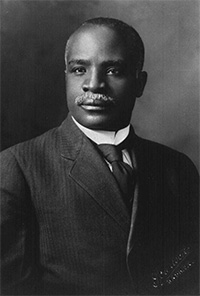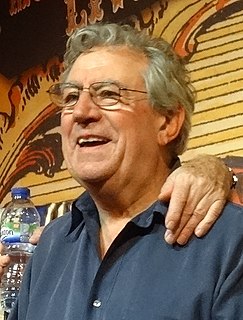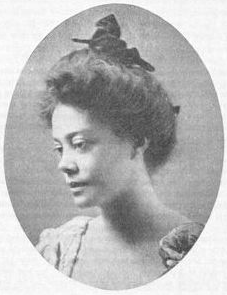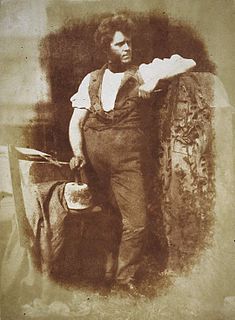A Quote by Jean-Paul Sartre
Every age has its own poetry; in every age the circumstances of history choose a nation, a race, a class to take up the torch by creating situations that can be expressed or transcended only through poetry.
Related Quotes
What is the foundation of that interest all men feel in Greek history, letters, art, and poetry, in all its periods, from the Heroic or Homeric age down to the domestic life of the Athenians and Spartans, four or five centuries later? What but this, that every man passes personally through a Grecian period.
A glance at the history of European poetry is enough to inform us that rhyme itself is not indispensable. Latin poetry in the classical age had no use for it, and the kind of Latin poetry that does rhyme - as for instance the medieval 'Carmina Burana' - tends to be somewhat crude stuff in comparison with the classical verse that doesn't.
A glance at the history of European poetry is enough to inform us that rhyme itself is not indispensable. Latin poetry in the classical age had no use for it, and the kind of Latin poetry that does rhyme - as for instance the medieval Carmina Burana - tends to be somewhat crude stuff in comparison with the classical verse that doesn't.
Freedom is not simply the circumstances that allow you to do whatever you want. Freedom is not only the opportunity to choose. Freedom is the strength of character to choose and to do what is right. With that in mind, our age is not an age of freedom, but an age of slavery. It is subtle, but it is real. The foundation of freedom is not power or choice. Freedom is upheld not by men and women in government, but by people who govern themselves.
The general ideas which are expressed in sketches, correspond very well to the art often used in poetry... every reader making out the detail according to his own particular imagination... but a painter, when he represents Eve on canvas, is obliged to give a determined form, and his own idea of beauty distinctly expressed.






































